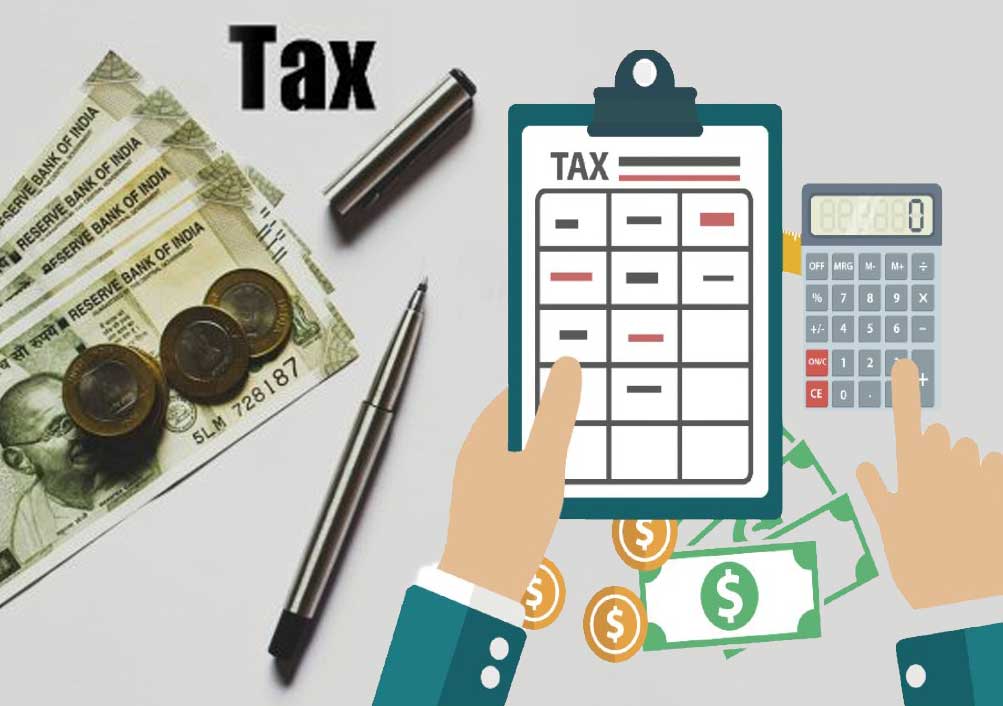Pharmaceutical companies gifting freebies to doctors is clearly prohibited by law and not allowed to be claimed as deduction u/s 37(1) of Income Tax Act: Supreme Court

Read Judgment: M/s Apex Laboratories Pvt. Ltd. vs. Deputy Commissioner of Income Tax, Large Tax Payer Unit – II
Pankaj Bajpai
New Delhi, February 23, 2022: Observing that the prohibition on medical practitioners from accepting gifts or freebies “was no less a prohibition on the part of their giver, or donor”, the Supreme Court has dismissed the appeal preferred by Apex Laboratories and held that incentives or freebies given to the doctors directly resulted in exposing them to the odium of sanctions, leading to a ban on their practice of medicine.
The Division Bench of Justice S.Ravindra Bhat and Justice U.U Lalit opined that pharmaceutical companies gifting freebies to doctors, etc. is clearly prohibited by law, and not allowed to be claimed as a deduction under Section 37(1) of Income Tax Act, 1961.
Referring to latin maxim “ex dolo malo non oritur action”, the Division Bench stated that no one should be allowed to profit from any wrongdoing coupled with the fact that statutory regimes should be coherent and not self-defeating.
Speaking for the Bench, Justice Shah notes that the Doctors and pharmacists are “complementary and supplementary” to each other in the medical profession, and thus, adopts a comprehensive view to regulate their conduct in view of the contemporary statutory regimes and regulations.
Therefore, the denial of the tax benefit “cannot be construed as penalizing the assessee pharmaceutical company and only its participation in what is plainly an action prohibited by law, precludes the assessee from claiming it as a deductible expenditure, added the Bench.
Observing that “one arm of the law cannot be utilized to defeat the other arm of law”, Justice Bhat relies on the ruling of this Court in Maddi Venkataraman & Co. (P) Ltd. v. CIT ,(1998) 2 SCC 95, where a fine imposed under FERA was sought to be deducted as a business expenditure but was disallowed by invoking public policy holding that if the deductions are allowed, the penal provisions of FERA will become meaningless.
The Top Court further noted that the medical practitioners have a quasi-fiduciary relationship with their patients since a Doctor’s prescription is considered the final word on the medication for the patient and it is a matter of great public concern if a Doctor’s prescription is demonstrated to be manipulated and driven by the motive to avail the freebies offered by pharmaceutical companies which are “technically not ‘free’, as the cost of supplying such freebies is usually factored into the drug, driving prices up, thus creating a perpetual publicly injurious cycle”.
The Punjab & Haryana High Court’s ruling in Commissioner of Income-Tax v. Kap Scan and Diagnostic Centre P. Ltd ,(2012) 344 ITR 476 (P&H HC), and Himachal Pradesh High Court’s ruling in Confederation of Indian Pharmaceutical Industry (SSI) v. Central Board of Direct Taxes ,(2013) 353 ITR 388 (HP HC), have correctly addressed the important public policy issue on the subject of allowance of benefit for supply of freebies, added the Bench
Accordingly, the Apex Court disallowed the assessee from claiming a tax benefit for its participation in an illegal activity.
Sign up for our weekly newsletter to stay up to date on our product, events featured blog, special offer and all of the exciting things that take place here at Legitquest.




Add a Comment